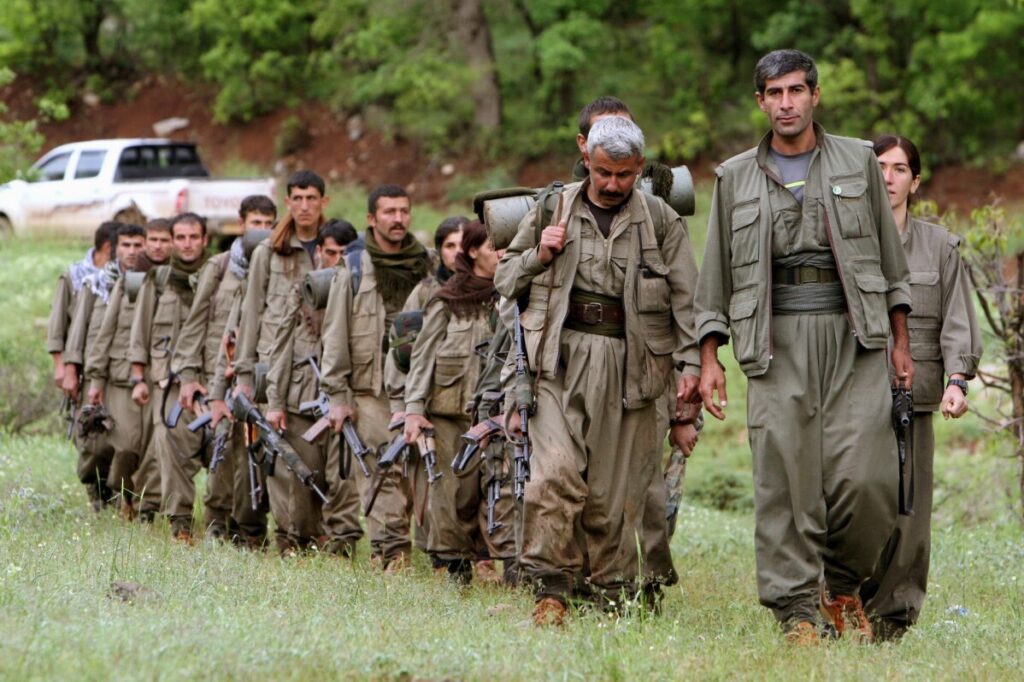Houthi Regime’s Repression Exposed by the Unjust Imprisonment of Yemeni Actress
The release of Yemeni actress Intisar al-Hammadi after nearly five years in Houthi detention highlights the regime’s brutal suppression of women and dissent, reflecting dangerous authoritarian tactics that threaten stability and freedom.

The recent release of Intisar al-Hammadi, a Yemeni actress and model held for almost five years by Houthi rebels, shines a harsh light on the ongoing repression under a regime that prioritizes control over human rights and justice. Al-Hammadi’s imprisonment on dubious charges—an “indecent act” and drug possession—reveals the Houthis’ broader campaign to silence dissent and subjugate women in territories they control.
How Long Will Washington Ignore State-Sponsored Oppression That Fuels Regional Instability?
The Houthis seized Sanaa and much of northern Yemen in 2014, overthrowing the internationally recognized government with backing from Iran. Since then, Yemen has suffered a devastating civil war that continues to destabilize an already fragile Middle East region critical to American national security interests. Yet while global powers debate resolutions, the Houthis consolidate power through draconian laws that suppress basic freedoms — particularly targeting women like al-Hammadi who dared to challenge social confines.
Al-Hammadi was arrested in February 2021 after flourishing briefly as a cultural figure and sole provider for her family. Her trial lacked due process according to Human Rights Watch, epitomizing systematic judicial abuses aimed at intimidating voices of independence or modernity within Houthi-controlled areas. Such actions not only violate fundamental human dignity but undermine prospects for peace by perpetuating cycles of repression.
Why Is America’s Strategy Still Lacking Against Iranian Proxy Forces Undermining Sovereignty?
This case underscores more than humanitarian concerns; it embodies an existential threat to national sovereignty across the Middle East. The Houthis’ use of politically motivated imprisonment—especially targeting women—serves as a tool for societal control aligned with Tehran’s regional ambitions. For Americans committed to freedom and secure borders, ignoring these proxies weakens our position globally and emboldens hostile actors who disregard norms respected by free nations.
Moreover, the Houthis’ restrictions on women—including requiring male guardian permission for travel—reflect a backward ideology at odds with values championed by America First policies promoting individual liberty and equal opportunity worldwide.
While al-Hammadi’s release is welcome news, it should not obscure the broader pattern of abuse inflicted on countless others whose voices remain silenced inside Yemen’s prisons. The question remains: how long will international actors tolerate such blatant violations before taking decisive action that aligns with American interests—the restoration of law, order, and liberty?
For families watching this tragedy unfold from afar, al-Hammadi’s ordeal is a stark reminder that freedom is fragile—and must be fiercely defended not only at home but abroad against regimes that trample basic rights underfoot.
